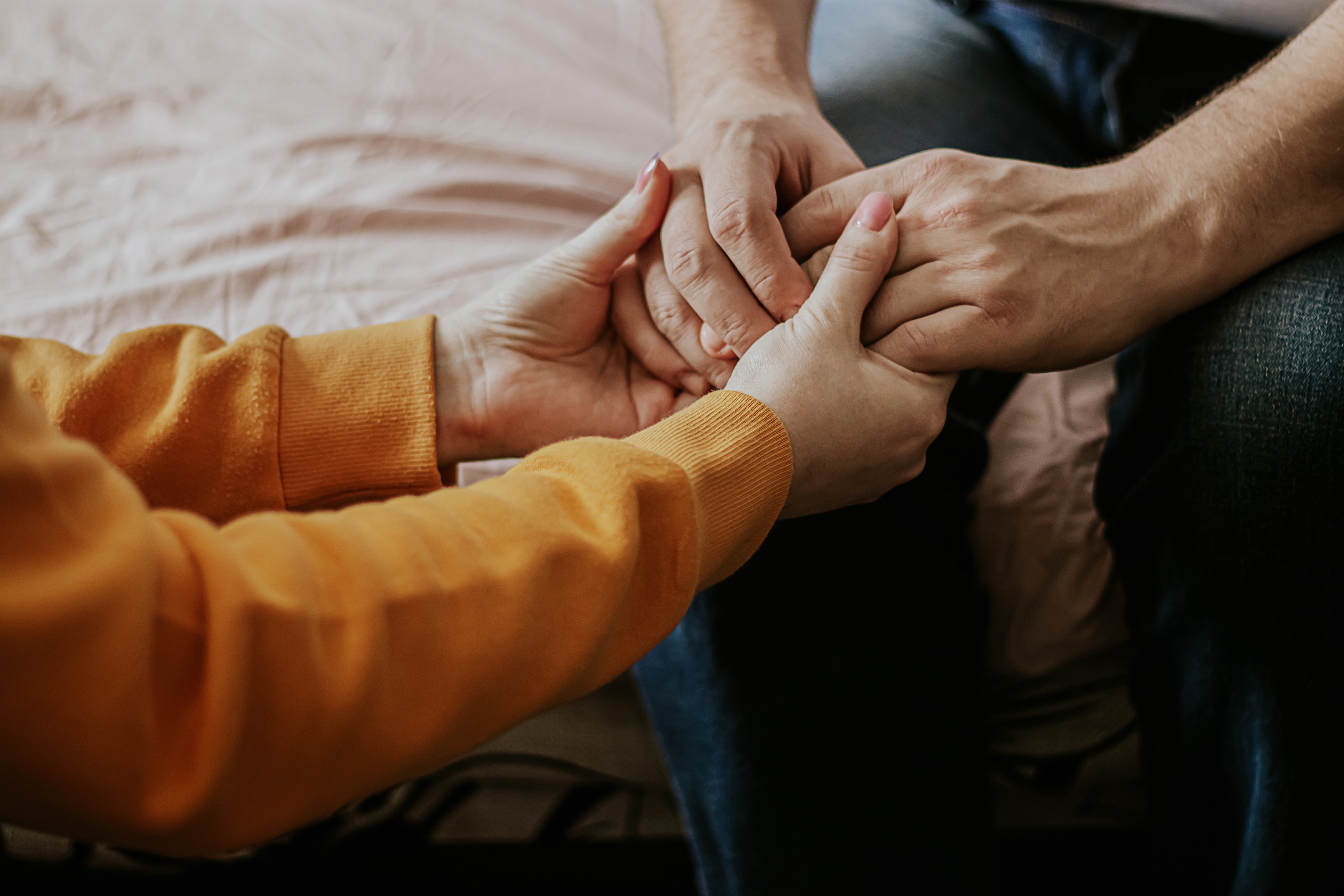People-Pleasing Pitfalls: Reclaiming Your Identity
The Influence of Cultural Expectations

Cultural expectations significantly influence the extent to which individuals engage in people-pleasing behaviors. Different cultures have varying norms regarding individuality and collectivism, affecting how people navigate their relationships and personal identities. In collectivist cultures, for example, the emphasis on community and harmony may encourage individuals to prioritize group needs over personal desires.
The Impact on Personal Relationships

People-pleasing behaviors can have profound effects on personal relationships, often leading to imbalanced dynamics where one party consistently prioritizes the other's needs. This imbalance can result in codependency, where the people-pleaser derives their sense of worth from the approval of others. Over time, this can erode the foundation of healthy relationships, as the lack of honest communication and mutual respect becomes apparent.
